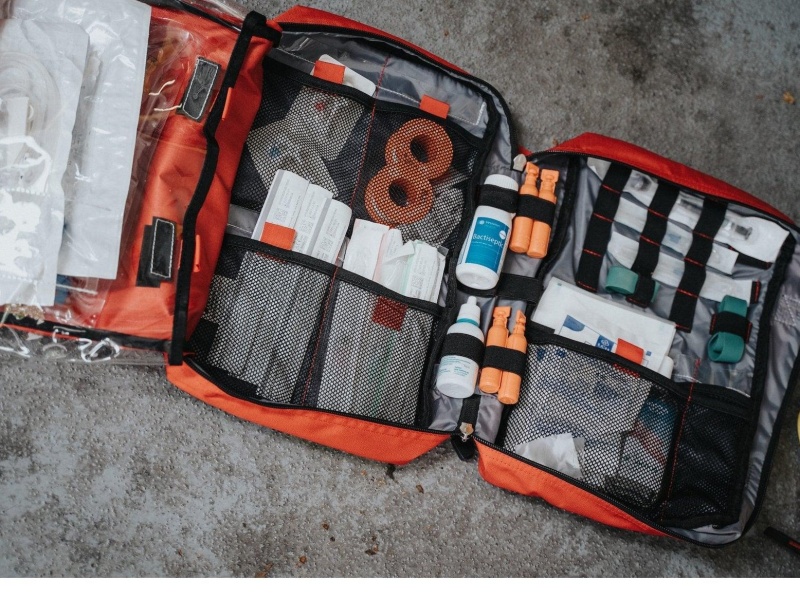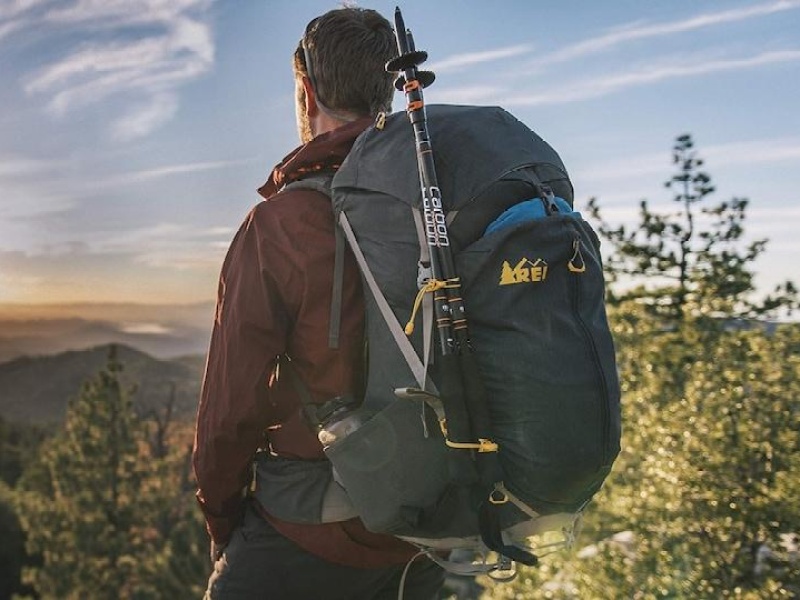1. Overpacking: The Weight of Unnecessary Items
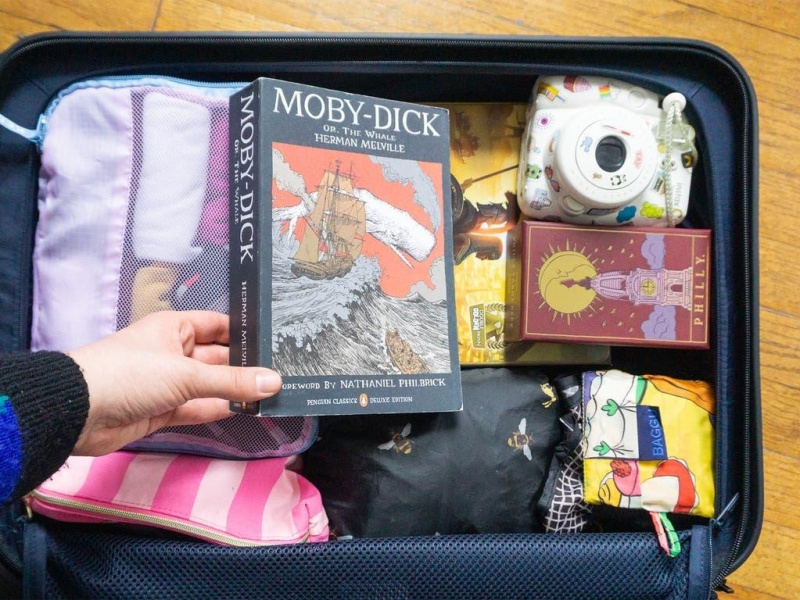
One of the most common mistakes backpackers make is overpacking. The excitement of preparing for a trip often leads to stuffing the backpack with items that seem essential but are rarely used. This not only adds unnecessary weight but also limits mobility and comfort. To avoid this, create a detailed packing list and stick to it. Prioritize multi-functional items and lightweight gear. Remember, less is more when it comes to backpacking. A lighter pack means more energy to explore and enjoy your journey.
2. Ignoring Local Customs and Etiquette

Another frequent mistake is failing to respect local customs and etiquette. Every culture has its own set of norms and traditions, and ignoring them can lead to misunderstandings or even conflicts. Before you travel, take the time to research the local customs of your destination. Learn a few basic phrases in the local language, understand the dress code, and be aware of social norms. Showing respect for local traditions not only enriches your travel experience but also fosters positive interactions with the people you meet.
3. Poor Budget Planning: Running Out of Money

Budgeting is a critical aspect of backpacking that many travelers overlook. Running out of money can turn an exciting adventure into a stressful ordeal. To avoid this, create a realistic budget that includes all potential expenses, such as accommodation, food, transportation, and activities. Always have a contingency fund for unexpected costs. Consider using budgeting apps to track your spending and look for ways to save money, such as staying in hostels, cooking your own meals, or using public transportation. Proper budget planning ensures you can enjoy your trip without financial worries.
4. Neglecting Health and Safety Precautions
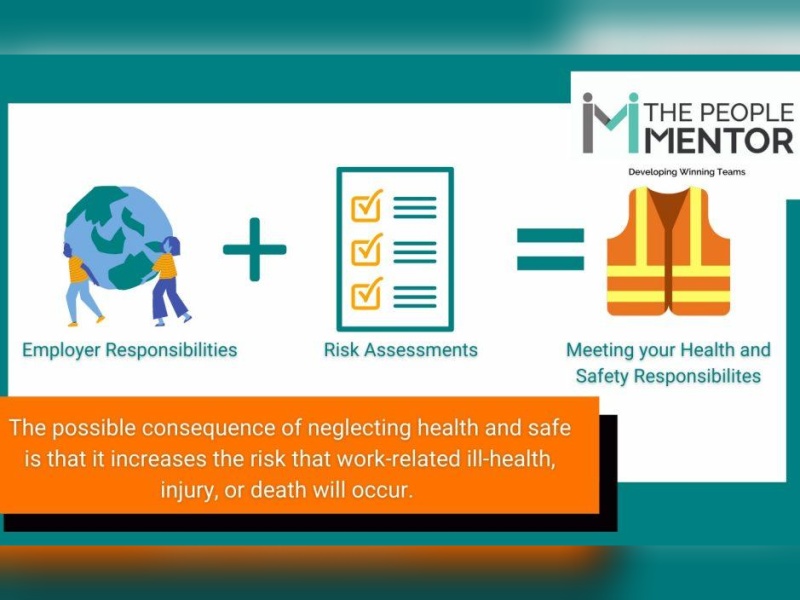
Health and safety should always be a top priority for backpackers, yet many neglect this aspect of travel. Failing to take necessary precautions can lead to illness, injury, or even more serious consequences. Before you embark on your journey, research the health risks associated with your destination and take appropriate measures, such as vaccinations or carrying a first-aid kit. Always have travel insurance that covers medical emergencies. Be aware of your surroundings, avoid risky behaviors, and stay informed about local safety conditions. Taking these precautions ensures a safer and more enjoyable trip.
5. Failing to Plan for the Unexpected
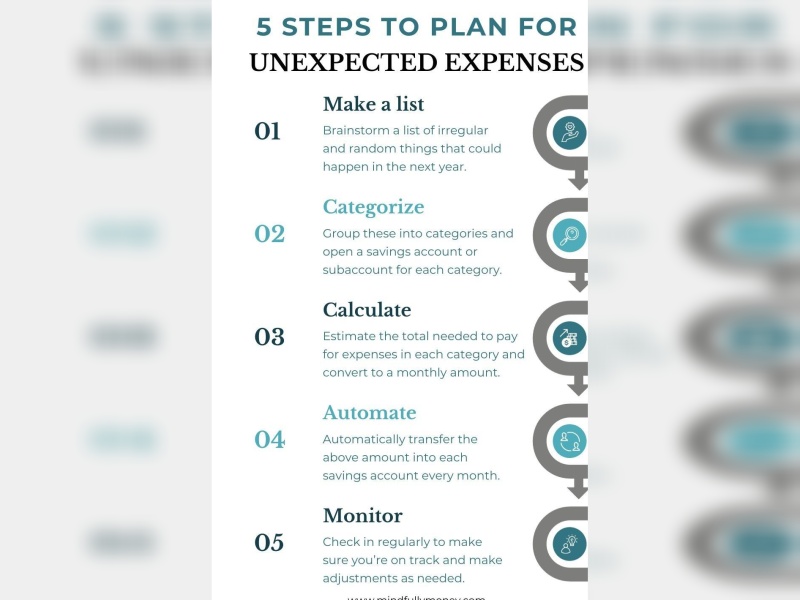
No matter how well you plan, unexpected situations can arise during your travels. Failing to prepare for these scenarios can leave you stranded or in a difficult position. Always have a backup plan for important aspects of your trip, such as accommodation and transportation. Keep digital and physical copies of important documents, such as your passport and travel insurance. Stay informed about the local weather and political situation. Being prepared for the unexpected allows you to handle challenges with confidence and continue enjoying your adventure.
Key Takeaways
Backpacking is an incredible way to explore the world, but it comes with its own set of challenges. By avoiding common mistakes such as overpacking, ignoring local customs, poor budget planning, neglecting health and safety, and failing to plan for the unexpected, you can ensure a smoother and more enjoyable journey. Remember to stay flexible, be respectful, and always prioritize your well-being. With the right preparation and mindset, you can make the most of your backpacking adventure.
Frequently Asked Questions
Q: How can I avoid overpacking?
A: Create a detailed packing list and stick to it. Prioritize multi-functional items and lightweight gear. Remember, less is more when it comes to backpacking.
Q: What should I do if I run out of money while traveling?
A: Always have a contingency fund for unexpected costs. Consider using budgeting apps to track your spending and look for ways to save money, such as staying in hostels or cooking your own meals.
Q: How can I stay safe while backpacking?
A: Research the health risks associated with your destination and take appropriate measures, such as vaccinations or carrying a first-aid kit. Always have travel insurance that covers medical emergencies and stay informed about local safety conditions.
